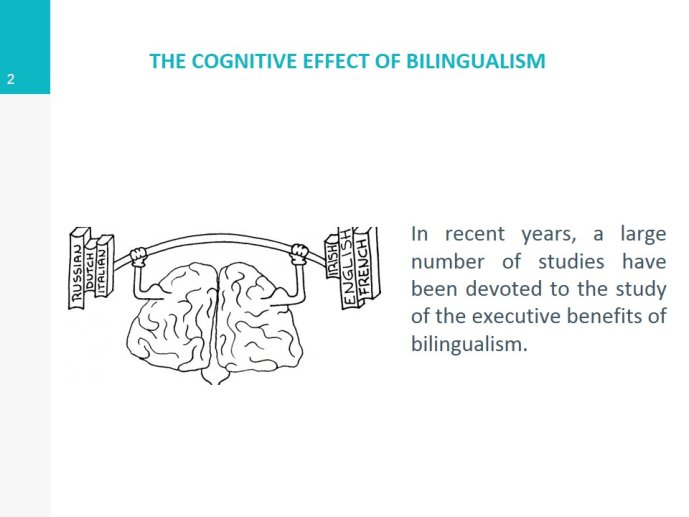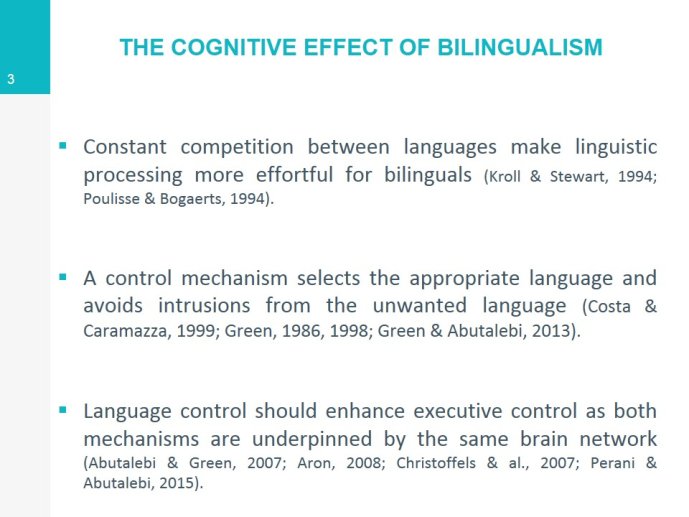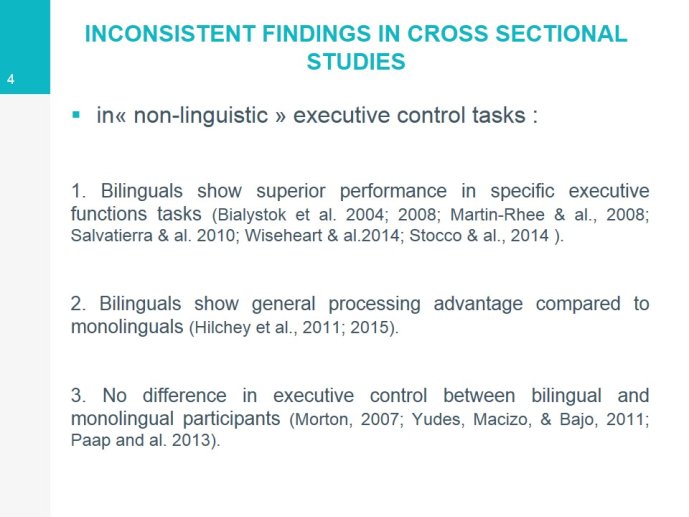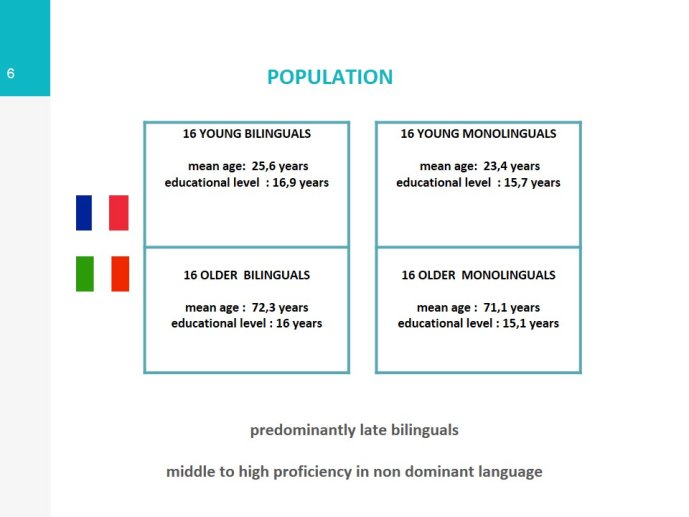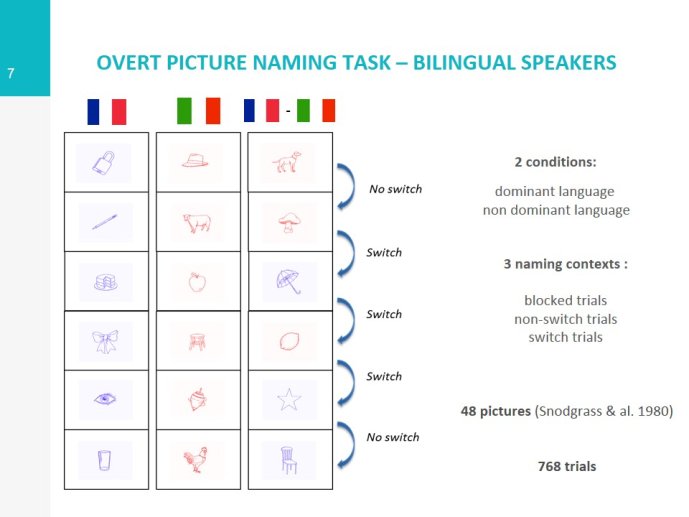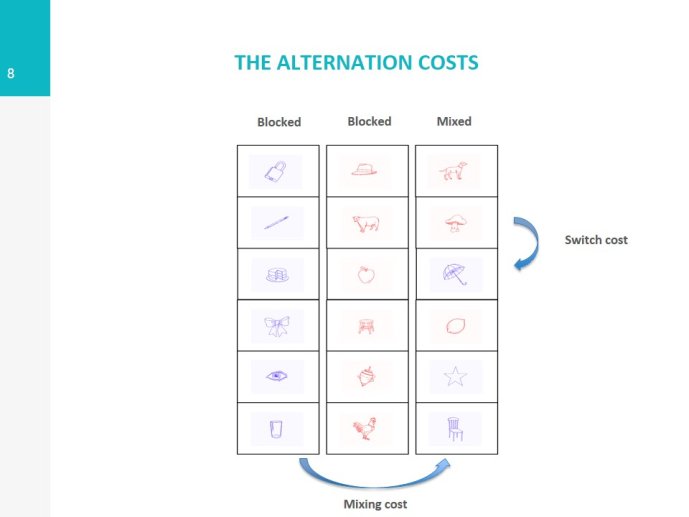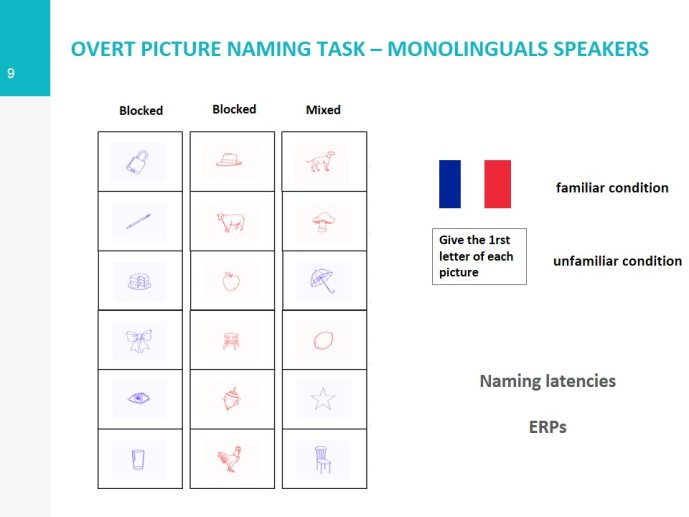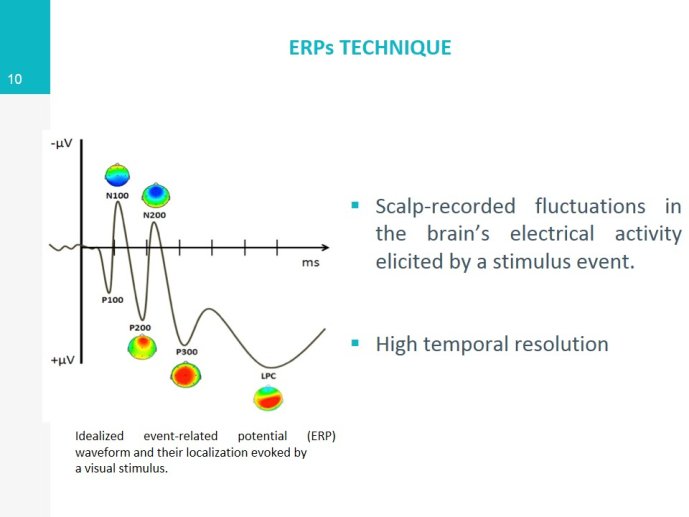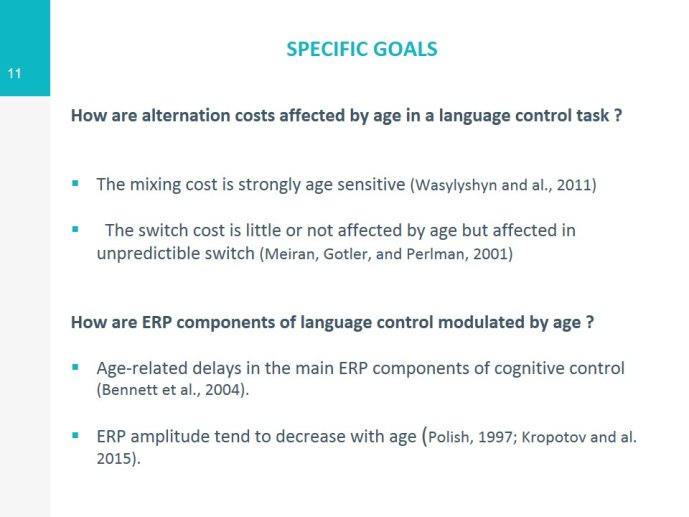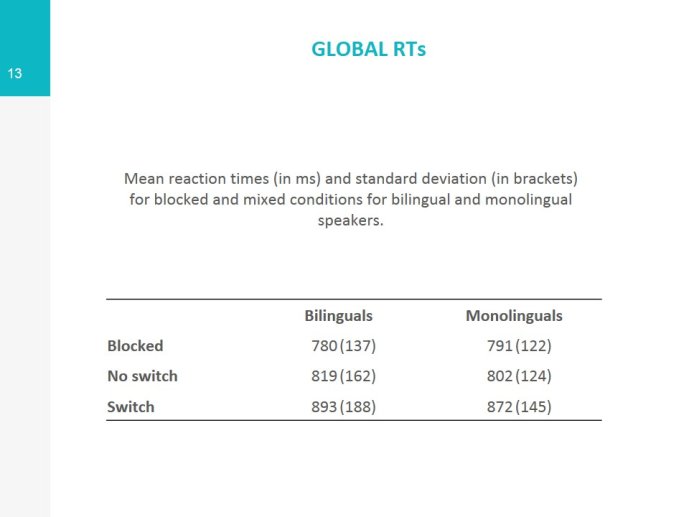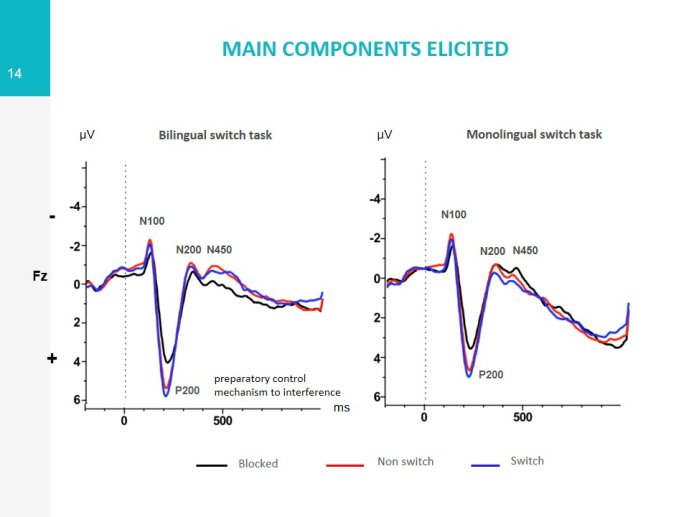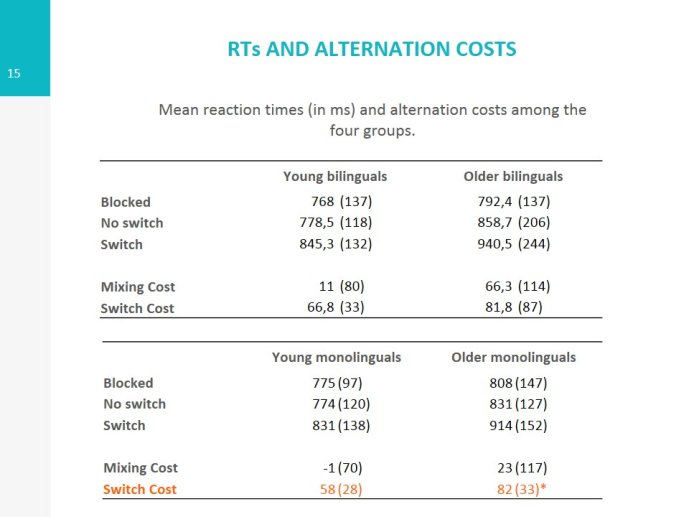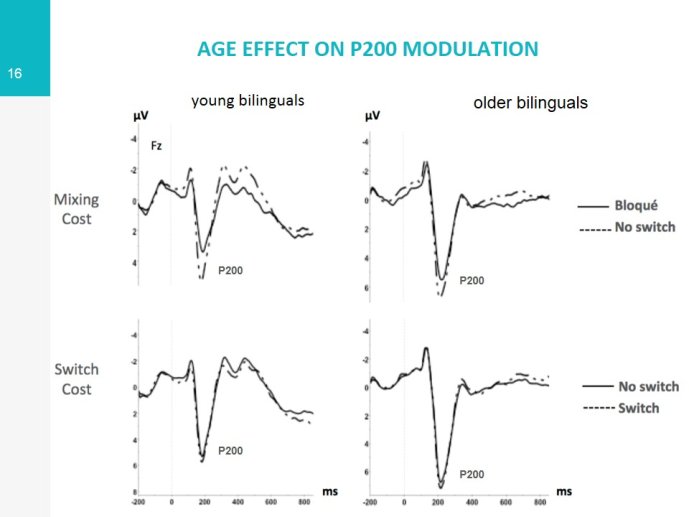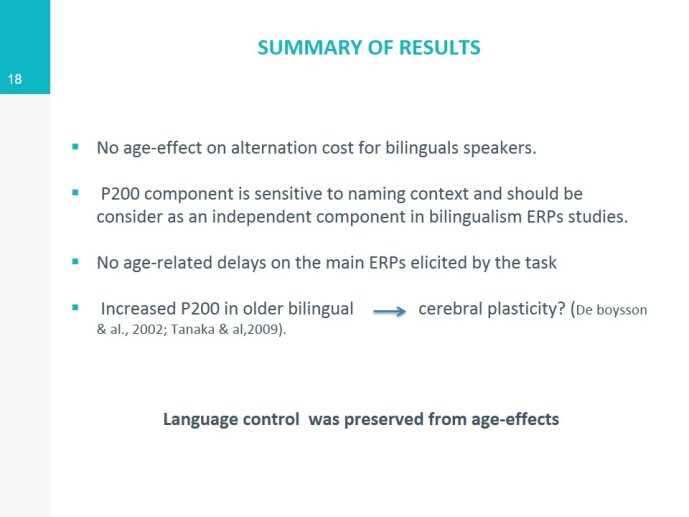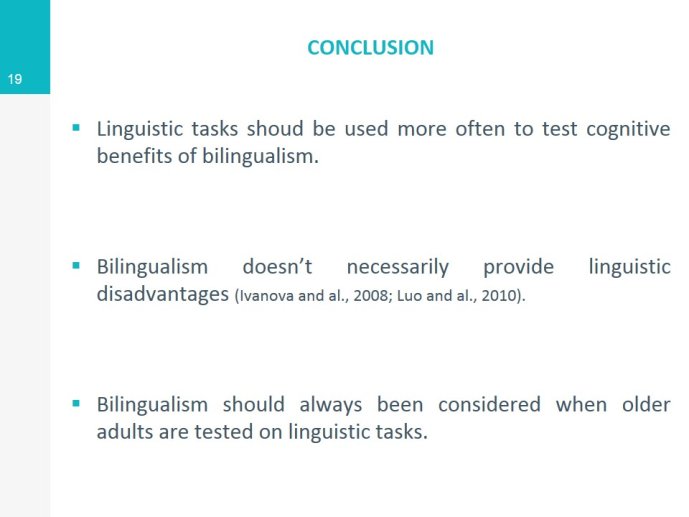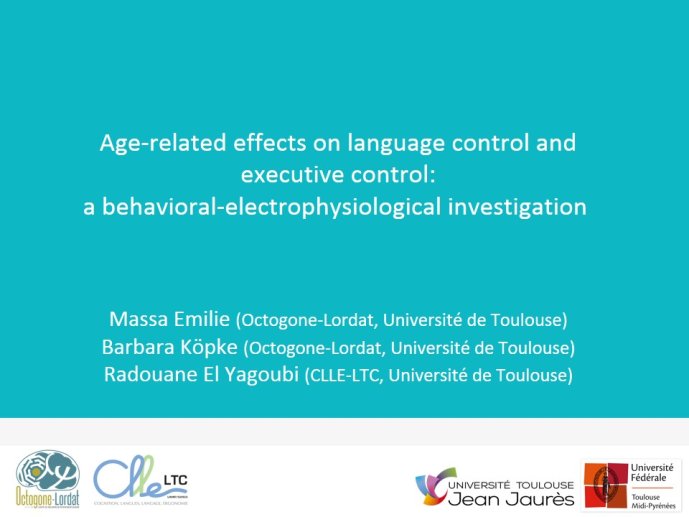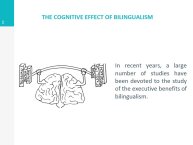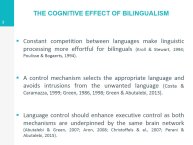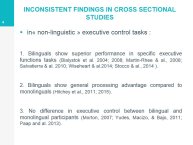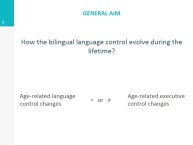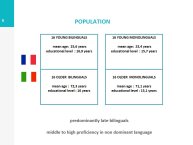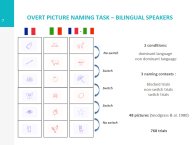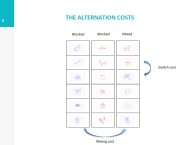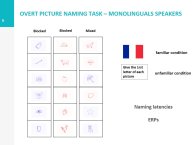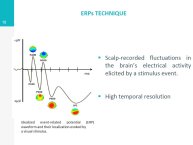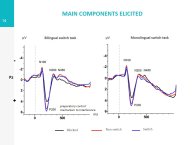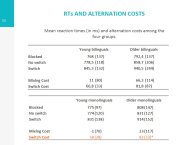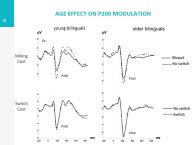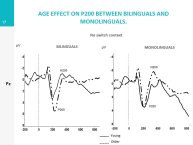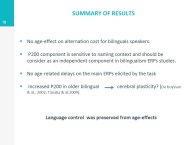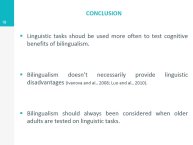Notice
Age-related effects on language control and executive control: a behavioral-electrophysiological investigation / Émilie Massa
- document 1 document 2 document 3
- niveau 1 niveau 2 niveau 3
Descriptif
Age-related effects on language control and executive control: a behavioral-electrophysiological investigation / Émilie Massa, in colloque "Bilingualism vs. monolingualism: a new perspective on limitations to L2 acquisition" organisé par le laboratoire Octogone-Lordat (Université Toulouse 2) sous la responsabilité de Barbara Köpke (UT2J), Holger Hopp (Technische Universität Braunschweig), Tanja Kupisch (Universität Konstanz), Université Toulouse Jean Jaurès, 19-20 juin 2017.
Previousstudies have found a bilingual advantage in non-linguistic executive controltasks for children, young adults and to a lesser extent for older adults(Bialystok, Craik, & Luk, 2008; Calabria, Branzi, Marne, Hernandez, &Costa, 2015; Hernández, Costa, Fuentes, Vivas, & Sebastián-Gallés, 2010;Kousaie & Phillips, 2017) Recently, Paap & Greenberg, (2013) havequestioned the reliability of these findings arguing that the reportedbilingual advantage was nonexistent or restricted to a limited number ofbilingual populations. A current key goal in the bilingual - monolingualcomparison field is to understand the conditions that promote the emergence ofdifferences between bilingual and monolingual during executive control.Studying older bilinguals is an optimal opportunity to understand the impact ofan extensive practice on executive control as executive functions have beenshown to decline with increased age. The aim of the present study is twofold.Firstly we will attempt to describe age- related changes in language control.Secondly, we will investigate the age effect on both language control andgeneral-domain executive control in a monolingual control group in order to understandthe features of bilingual control age-related decline. To this end, we comparedyoung and older bilinguals and monolinguals in an Overt Picture Naming Task. The study included 64 participants, half of whom were dominantbilinguals: 16 French-Italian young adults (mean age = 27), 16 French-Italianolder adults (mean age = 72.8) and their monolingual peers: 16 young adults(mean age = 24,3) and 16 older adults (mean age= 71,2). Interestingly,bilinguals and monolinguals performed the same task while adapted instructionswere used for each group: bilinguals switched between their languages andmonolinguals switched between different tasks conditions (picture naming vs spell only the first letter of eachpicture). Both behavioral (response time) and event-related potentials witchare more sensitive to detect group differences, were collected. Processingdifferences regarding to mixing cost andswitch cost were studied betweenyoung and older bilinguals and compared between young and older monolinguals.Differences in monolingual groups were found on global switch cost and modulation of P200 component. Behavioral andelectrophysiological data show no age effect on global mixing cost and global switchcost in bilinguals (regardless of dominance) suggesting a benefit of beingbilingual on age-related control decline.
Thème
Documentation
Références bibliographiques
Caloi, Irene (2017). Additive focus particles in German-speaking learners of Italian as L2. In De Cesare, A. M., Andorno, C. M., Focus on additivity. Multiperspective and multifaceted views, Amsterdam, John Benjamins Publishing Company, 237-263.
Hernandez, Arturo E. (2009). Language switching in the bilingual brain: What's next?, Brain & Language, 109, 133-140.
Hofweber, Julia (2016). Effects of dense code-switching on executive control, in Irina A. Sekerina and Lauren Spradlin, "Bilingualism and Executive Function: An interdisciplinary approach", Linguistic Approaches to Bilingualism, 5, vol.6, 648–668.
Hopp, Holger & Schmid, Monika S. (2014). L'accent étranger perçu dans l'attrition L1 et l'acquisition de L2: l'impact de l'âge d'acquisition et du bilinguisme / Perceived foreign accent in L1 attrition and L2 acquisition, Psycholinguistique appliquée, 34 (2), 361-394. [En ligne : http://www.let.rug.nl/languageattrition/Papers/Hopp%20&%20Schmid%20forthc.pdf].
Kartushina, N., Frauenfelder, U. H. and Golestani, N. (2016), How and When Does the Second Language Influence the Production of Native Speech Sounds: A Literature Review, Language Learning, 52, vol. 66, 155–186. [En ligne : http://onlinelibrary.wiley.com/doi/10.1111/lang.12187/full].
Köpke, Barbara, Schmid, Monika (2011). L’attrition de la première langue en tant que phénomène psycholinguistique, Langage, Interaction and Acquisition / Language, Interaction et Acquisition (LIA), Amsterdam, John Benjamins Publishing Company, numéro spécial 2, vol. 2, 185-196.
Kupisch, T. (2012). Thèmes génériques en italien des premiers bilingues germano. Bilinguisme: Langue et Cognition 15 (4), 736-756.
Massa, E., Cortelazzo, F., El Yagoubi, R. & Köpke, B. (2016). Bilinguisme et contrôle exécutif : exploration neurofonctionnelle au moyen des méthodes potentiels évoqués et IRMf, Revue de Neuropsychologie, 2, 8, 126-136. {En ligne : http://www.jle.com/fr/revues/nrp/e-docs/bilinguisme_et_controle_executif_exploration_neurofonctionnelle_au_moyen_des_methodes_potentiels_evoques_et_irmf_307476/article.phtml].
Meisel, J. (2001). The simultaneous acquisition of two first languages. Early differenciation and subsequent development of grammars, in J. Cenoz & F. Genesee (éds.), Trends in Bilingual Acquisition, Amsterdam, John Benjamins Publishing Company, 11-41.
Meisel, J. (1989). Early differentiation of languages in bilingual children, in K. Hyltenstam & L. Obler (eds.), Bilingualism Across the Lifespan : Aspects of Acquisition, Maturity, and Loss, Cambridge, Cambridge University Press, 13-40.
Paradis, M. (2007). L1 attrition features predicted by a neurolinguistic theory of bilingualism, in B. Köpke, M. S. Schmid, M. Keijzer & S. Dostert (éds.), Language Attrition. Theoretical perspectives, Amsterdam, John Benjamins Publishing Company, 121-133.
Pérez-Leroux, A. T., Pirvulescu, M., & Roberge, Y. (2011). Topicalization and object omission in child language. First Language, 3, 31, 280-299. [En ligne : http://journals.sagepub.com/doi/pdf/10.1177/0142723710394384].
Royle, Phaedra, St-Denis, Ariane, Mazzocca, Patrizia, Marquis, Alexandra (2017). Insensitivity to verb conjugation patterns in French children with SLI, Clinical Linguistics & Phonetics. [En ligne : https://eoa.umontreal.ca/wp-content/uploads/sites/32/2017/07/publicationsRoyleP_verbConjugationPatternsFrenchSLI.pdf].
Rvache, S., Royle, P., Gonnerman, L. M., Stanké, B., Marquis, A., Herbay, A. (2017). Development of a Tool to Screen Risk of Literacy Delays in French-Speaking Children: PHOPHLO, Canadian Journal of Speech-Language Pathology and Audiology (CJSLPA), 3, vol. 41, 321-340. [En ligne : http://www.cjslpa.ca/detail.php?ID=1220&lang=en].
Sabourin, L. (2014). The bilingual advantage in the Stroop task: simultaneous vs. early bilinguals, in "L3 Acquisition: A Focus on Cognitive Approaches", Bilingualism: Language and Cognition, 2, vol. 18, 350-355.
Schmid, M.S. & Köpke, B. (2017). The relevance of first language attrition to theories of bilingual development. Linguistic Approaches to Bilingualism, 6, vol. 7, 637 –667 [En ligne : http://www.let.rug.nl/languageattrition/Papers/Schmid&Kopke2017.pdf].
Schmid, M S., Köpke, B., De Bot, K. (2013). Language attrition as a complex, non-linear development, International Journal of Bilingualism, 17 (6), 675-682.
Stoehr, A., Benders, T., Van Hell, J., & Fikkert, P. (2017). Heritage language exposure impacts voice onset time of Dutch–German simultaneous bilingual preschoolers, Bilingualism: Language and Cognition, 1-20. [En ligne : doi: 10.1017/S1366728917000116].
Stöhr, A., Akpınar, D., Bianchi, G., & Kupisch, T. (2012). Gender marking in L2 learners and Italian-German bilinguals with German as the weaker language, in K. Braunmueller & C. Gabriel (eds.), Multilingual Individuals Multilingual Societies, 153–170.
Van Osch, B. A., Aalberse, S. P., Hulk, A. C. J., & Sleeman, A. P. (2017). Knowledge of mood in internal and external interface contexts in Spanish heritage speakers in the Netherlands, in K. Bellamy, M. Child, M. C. Parafita Couto, P. González, & A. Muntendam (eds.), Multidisciplinary Approaches to Bilingualism in the Hispanic and Lusophone World, Amsterdam, John Benjamins Publishing Company, 67-94.
Dans la même collection
-
On Qualitative Differences between Types of Language Acquisition / Jürgen Meisel
MeiselJürgen M.On Qualitative Differences between Types of Language Acquisition / Jürgen Meisel, in colloque "Bilingualism vs. monolingualism: a new perspective on limitations to L2 acquisition" organisé par le
-
Monolingual and multilingual learners of French. What are the effects of language background on spe…
BontempsMarieMonolingual and multilingual learners of French. What are the effects of language background on spelling? / Marie Bontemps
-
Attrition and (incomplete) acquisition of Italian answering strategies / Irene Caloi
Attrition and (incomplete) acquisition of Italian answering strategies / Irene Caloi, in colloque "Bilingualism vs. monolingualism: a new perspective on limitations to L2 acquisition" organisé par
-
Do temporarily induced code-switching modes alternate executive performance in late sequential bili…
Do temporarily induced code-switching modes alternate executive performance in late sequential bilinguals?
-
Processing variability in L2 learning: insights from articulatory training / Natalia Kartushina, Cl…
Processing variability in L2 learning: insights from articulatory training / Natalia Kartushina, Clara Martin
-
Language, Development and the Bilingual Brain / Arturo E. Hernandez
HernandezArturo E.Language, Development and the Bilingual Brain / Arturo E. Hernandez, in colloque "Bilingualism vs. monolingualism: a new perspective on limitations to L2 acquisition" organisé par le laboratoire
-
Trilingual effects at the microstructure and macrostructure levels in children’s narratives / Mihae…
PirvulescuMihaelaTrilingual effects at the microstructure and macrostructure levels in children’s narratives / Mihaela Pirvulescu, in colloque "Bilingualism vs. monolingualism: a new perspective on limitations to L2
-
Language Processing in Bilinguals: Distinguishing Early Sequential from Simultaneous / Laura Sabour…
SabourinLauraLanguage Processing in Bilinguals: Distinguishing Early Sequential from Simultaneous / Laura Sabourin, Santa Vinerte, in colloque "Bilingualism vs. monolingualism: a new perspective on limitations to
-
Implicit causality as a predictive cue in child L1 and adult L2 processing of German: Evidence from…
Implicit causality as a predictive cue in child L1 and adult L2 processing of German: Evidence from visual-world eyetracking / Judith Schlenter
-
Cross-linguistic influence at the feature-level ? Evidence from Dutch-German bilingual preschoolers…
Cross-linguistic influence at the feature-level ? Evidence from Dutch-German bilingual preschoolers. How bilinguals are more monolingual-like than assumed / Antje Stoehr
-
Subject position in heritage Spanish in the Netherlands and the US: a case for cross-linguistic inf…
Subject position in heritage Spanish in the Netherlands and the US: a case for cross-linguistic influence / Brechje van Osch, in colloque "Bilingualism vs. monolingualism: a new perspective on
-
Can French-English bilinguals process verb-particle constructions in a native-like manner? A self-p…
Can French-English bilinguals process verb-particle constructions in a native-like manner? A self-paced reading study / Alexandre Herbay, in colloque "Bilingualism vs. monolingualism: a new


